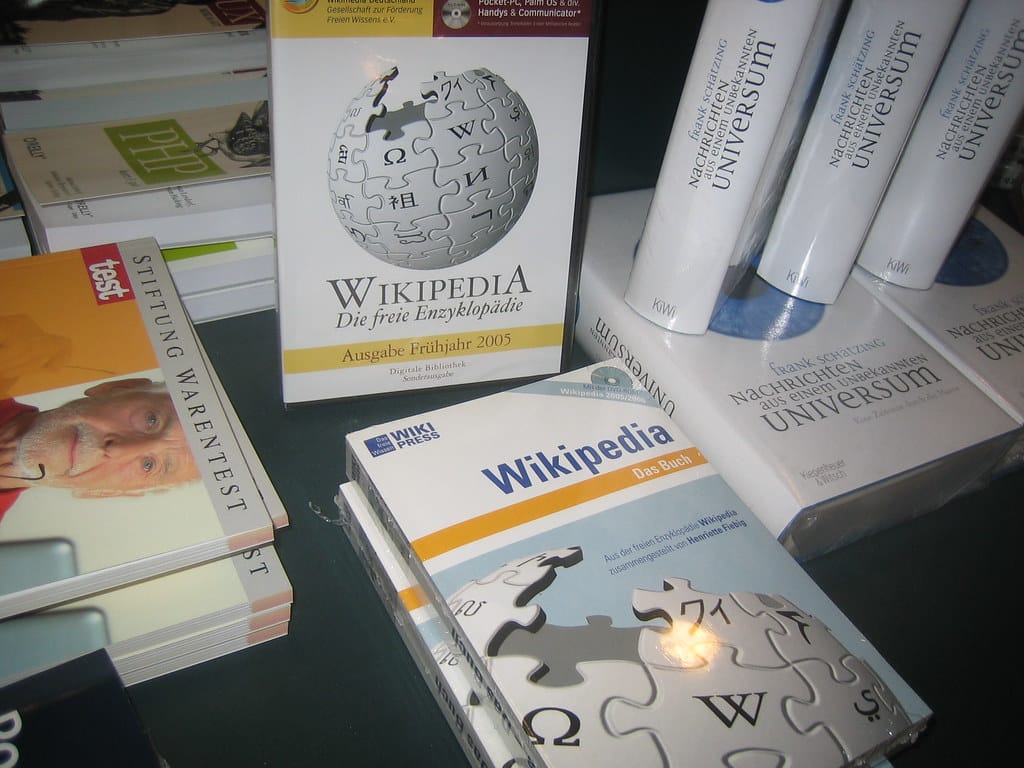Wikipedia Declares War on AI-Generated "Slop" with New Rapid Deletion Policy
Wikipedia editors have implemented a groundbreaking "speedy deletion" policy specifically targeting AI-generated articles, marking the encyclopedia's most aggressive stance yet against what insiders call "AI slop" — low-quality, artificially generated content flooding the platform.
The new policy, approved by Wikipedia's editorial community in late 2024, allows administrators to immediately delete articles suspected of being AI-generated without the usual lengthy review process. This represents a significant escalation in the ongoing battle between human knowledge curation and artificial intelligence content creation.
The Rise of AI Slop on Wikipedia
The term "slop" has emerged within Wikipedia's editorial community to describe AI-generated content that appears plausible at first glance but lacks the depth, accuracy, and sourcing standards expected of encyclopedia articles. These articles often feature telltale signs: repetitive phrasing, generic descriptions, and citations to non-existent or irrelevant sources.
"We've seen a dramatic increase in articles that read like they were written by someone who skimmed a topic for 30 seconds," explains Sarah Chen, a veteran Wikipedia administrator who helped draft the new policy. "The writing is grammatically correct but utterly hollow."
Data from Wikipedia's editorial tracking systems shows a 300% increase in flagged low-quality articles since ChatGPT's public release in late 2022. Many of these articles focus on obscure topics where verification is difficult, making them particularly challenging for volunteer editors to assess quickly.
How the Speedy Deletion Process Works
Under the new G14 criterion (the fourteenth general reason for speedy deletion), administrators can now remove articles that exhibit clear signs of AI generation without waiting for the standard Articles for Deletion (AfD) process, which typically takes seven days.
The policy outlines specific indicators that warrant immediate deletion:
- Repetitive or templated language patterns consistent with AI models
- Citations to sources that don't support the claims made
- Biographical information that appears fabricated or contradictory
- Technical descriptions that sound authoritative but contain factual errors
- Excessive use of hedge words like "reportedly" or "allegedly" without proper sourcing
Real-World Impact and Examples
The policy has already shown results. In its first month of implementation, administrators deleted over 1,200 articles under the G14 criterion. Notable examples include fabricated biographies of supposed academics, detailed descriptions of non-existent historical events, and technical articles about made-up scientific phenomena.
One deleted article claimed to document a "Revolutionary War battle" in a location where no such conflict occurred, complete with fabricated casualty figures and fictional commanding officers. Another described a supposed breakthrough in quantum computing that referenced papers that never existed.
The Broader Implications for Digital Knowledge
This move by Wikipedia reflects growing concerns about AI-generated content across the internet. As large language models become more sophisticated and accessible, the line between human and artificial content creation continues to blur.
"This isn't just about Wikipedia," notes Dr. Michael Rodriguez, a digital literacy researcher at Stanford University. "It's about preserving the integrity of shared knowledge in an age where anyone can generate convincing-sounding text about anything."
The policy also raises questions about the future of collaborative knowledge platforms. While AI tools can assist legitimate editors with research and writing, the new rules make clear that purely AI-generated content has no place in the world's largest encyclopedia.
Community Response and Challenges
The Wikipedia editing community has largely embraced the new policy, though some editors worry about potential overreach. Concerns include the possibility of deleting legitimate articles that happen to trigger false positives, particularly those written by non-native English speakers whose writing patterns might resemble AI generation.
"We need to be careful not to throw the baby out with the bathwater," cautions longtime editor James Mitchell. "But the alternative—drowning in AI slop—is far worse."
The Future of Human-Curated Knowledge
Wikipedia's aggressive stance against AI-generated content signals a broader trend toward human verification and curation in an increasingly automated digital landscape. As AI becomes more prevalent, platforms dedicated to reliable information must develop new strategies to maintain quality and trustworthiness.
This policy represents more than just housekeeping—it's a declaration that some forms of knowledge creation still require the irreplaceable human elements of critical thinking, source evaluation, and genuine expertise. In the battle against AI slop, Wikipedia has chosen to prioritize quality over quantity, setting a standard that other knowledge platforms may soon follow.
